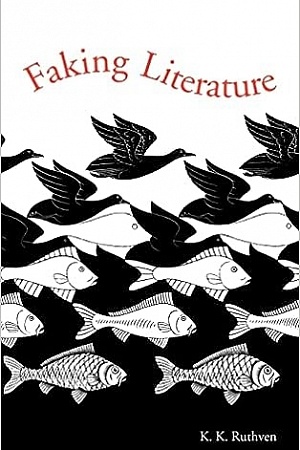The Churchill Factor: How One Man Made History
Hodder & Stoughton, $32.99 pb, 408 pp, 9781444783032
The Churchill Factor: How One Man Made History by Boris Johnson
Had it not been for the leadership of Winston Churchill in 1940, Nazi Germany would in all probability have won World War II. The most enthusiastic revisionist historian would grudgingly accept this proposition.
As this highly readable account by London Mayor Boris Johnson shows, 1940 was the high point of a career that extended from the 1890s to the 1960s. In politics Churchill was twice prime minister and chancellor of the exchequer. As a soldier he was shot at on four continents. He published more words than Shakespeare and Dickens combined, and he won the Nobel Prize for literature. On the personal side he was a devoted husband, an artist, and an amateur bricklayer. His way of life was not exactly healthy: ten cigars a day, whisky and soda before breakfast, half a pint of Pol Roger, white wine, claret, late brandies, even during World War II.
Some aspects of Churchill's career are not so well known, and these are given due prominence by Johnson. He argues that, along with David Lloyd George, Churchill can fairly be described as a co-founder of the welfare state. He began in 1908 with a Trades Board Bill which set legally enforceable minimum wages for certain jobs, particularly the mainly female low-paid garment workers in London's East End, Leeds, and Manchester. To combat unemployment, Churchill set up the first Labour Exchanges. Together with Lloyd George, he fought the Great Budget War of 1909 and 1910, a successful attack on inequality and, as Johnson puts it, 'it was seen, inevitably, as an attack on the dukes and the very landed class from which Churchill emerged'.
Continue reading for only $10 per month. Subscribe and gain full access to Australian Book Review. Already a subscriber? Sign in. If you need assistance, feel free to contact us.















Leave a comment
If you are an ABR subscriber, you will need to sign in to post a comment.
If you have forgotten your sign in details, or if you receive an error message when trying to submit your comment, please email your comment (and the name of the article to which it relates) to ABR Comments. We will review your comment and, subject to approval, we will post it under your name.
Please note that all comments must be approved by ABR and comply with our Terms & Conditions.